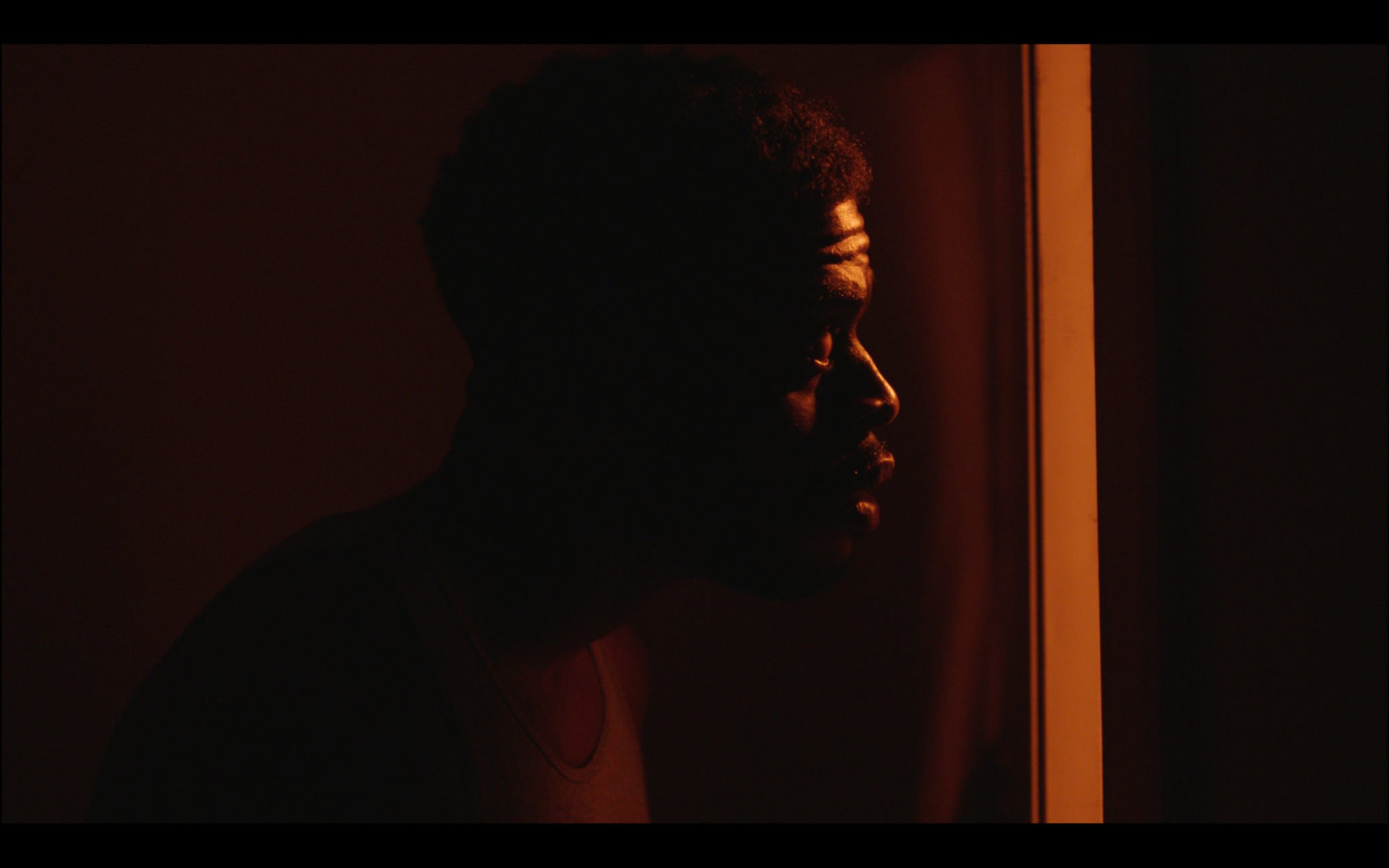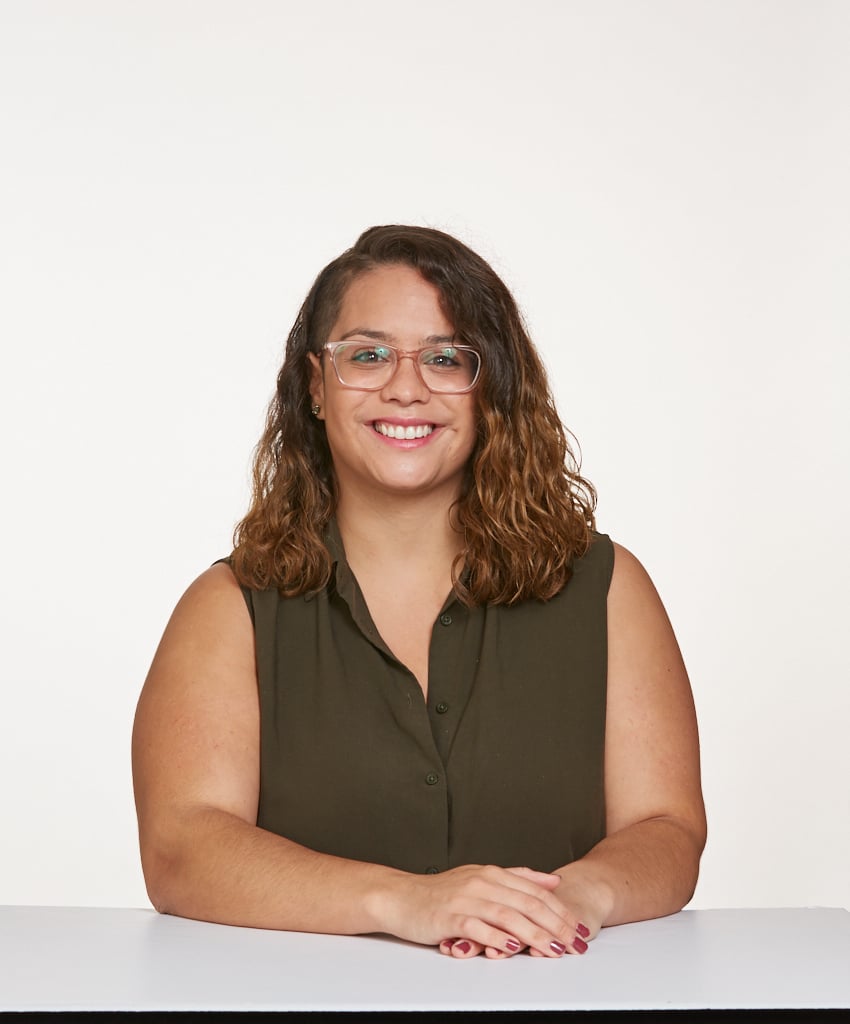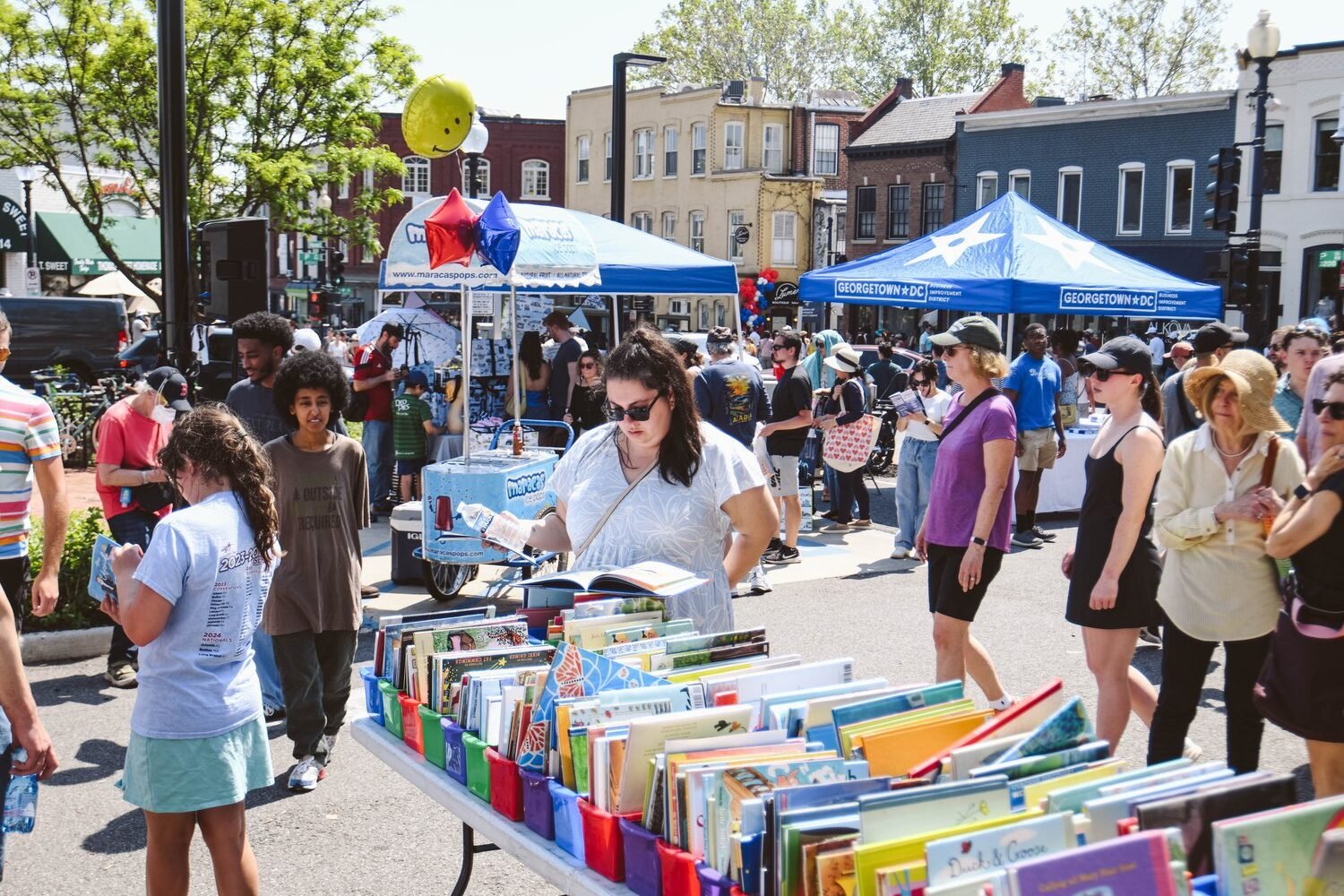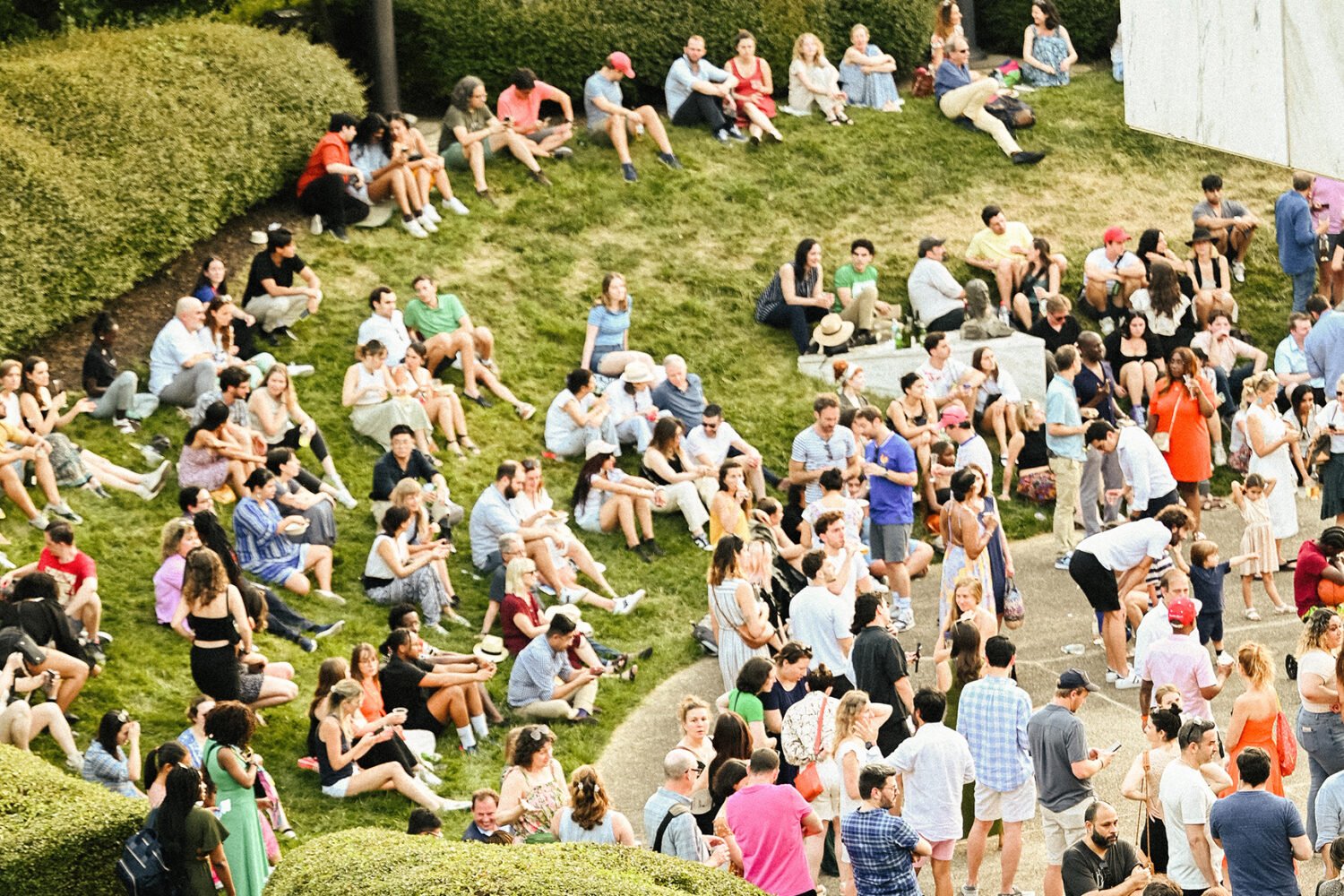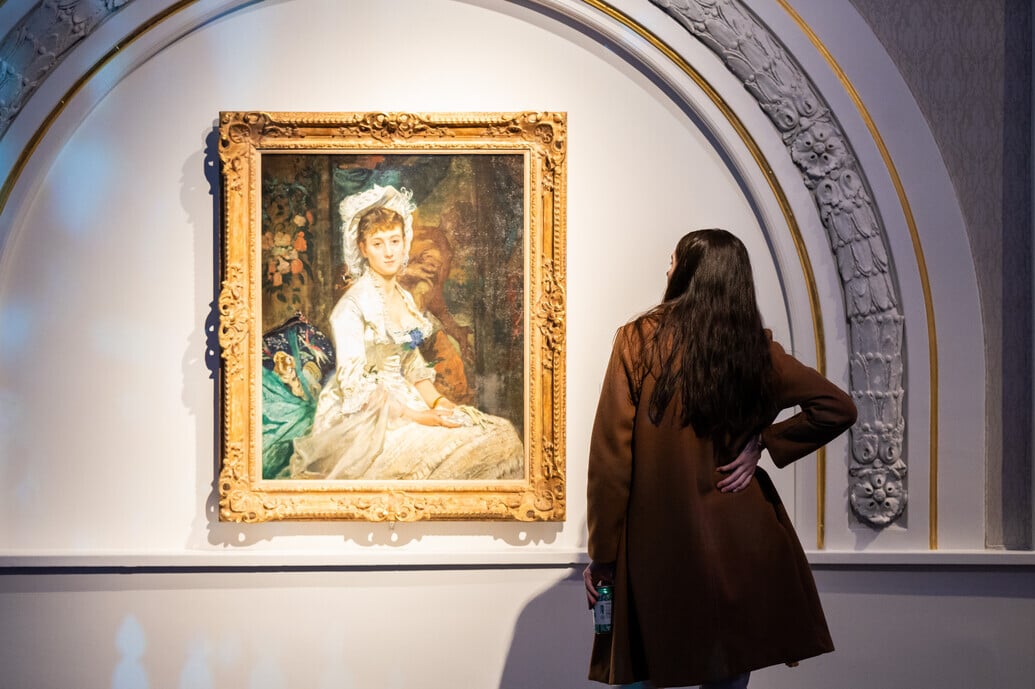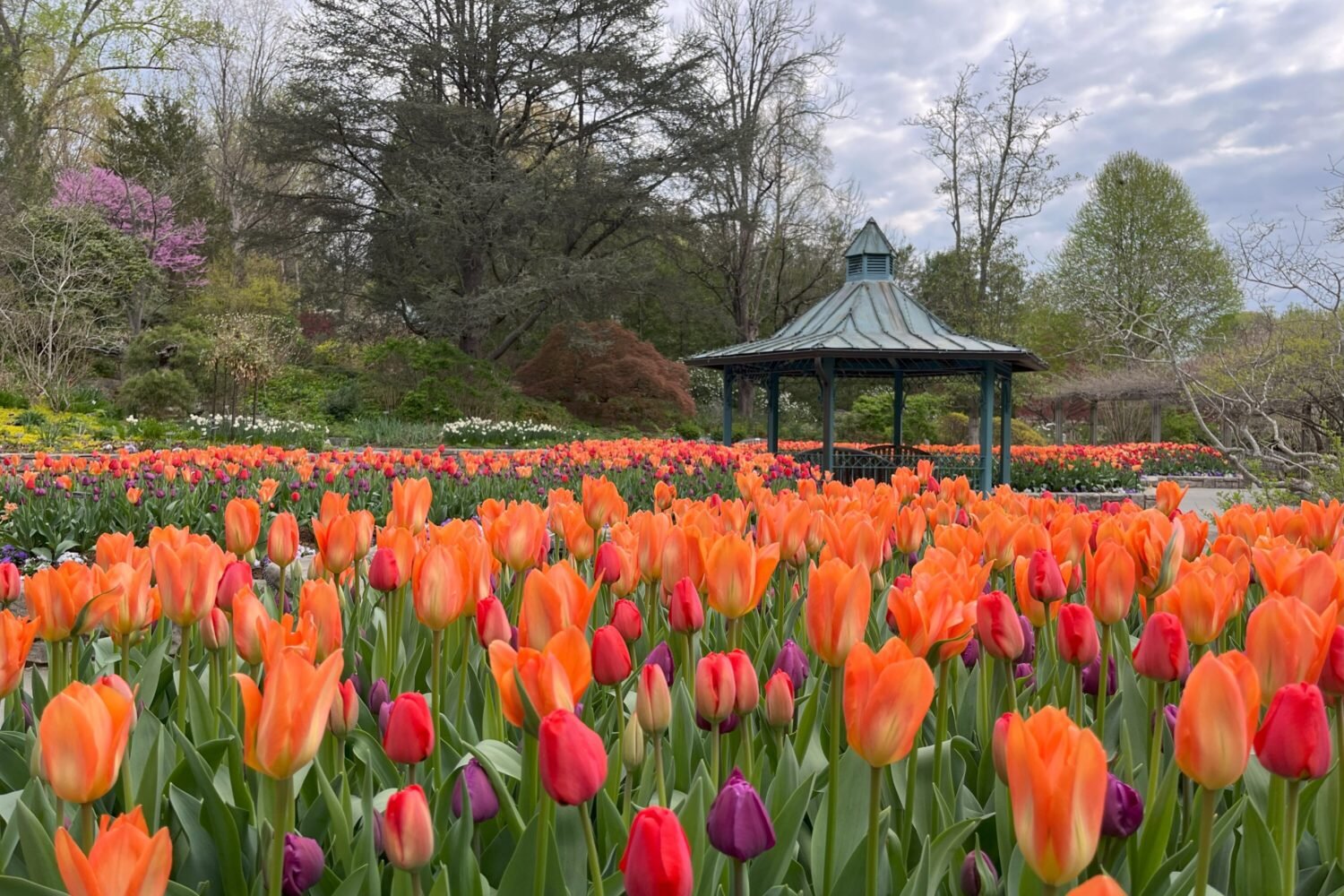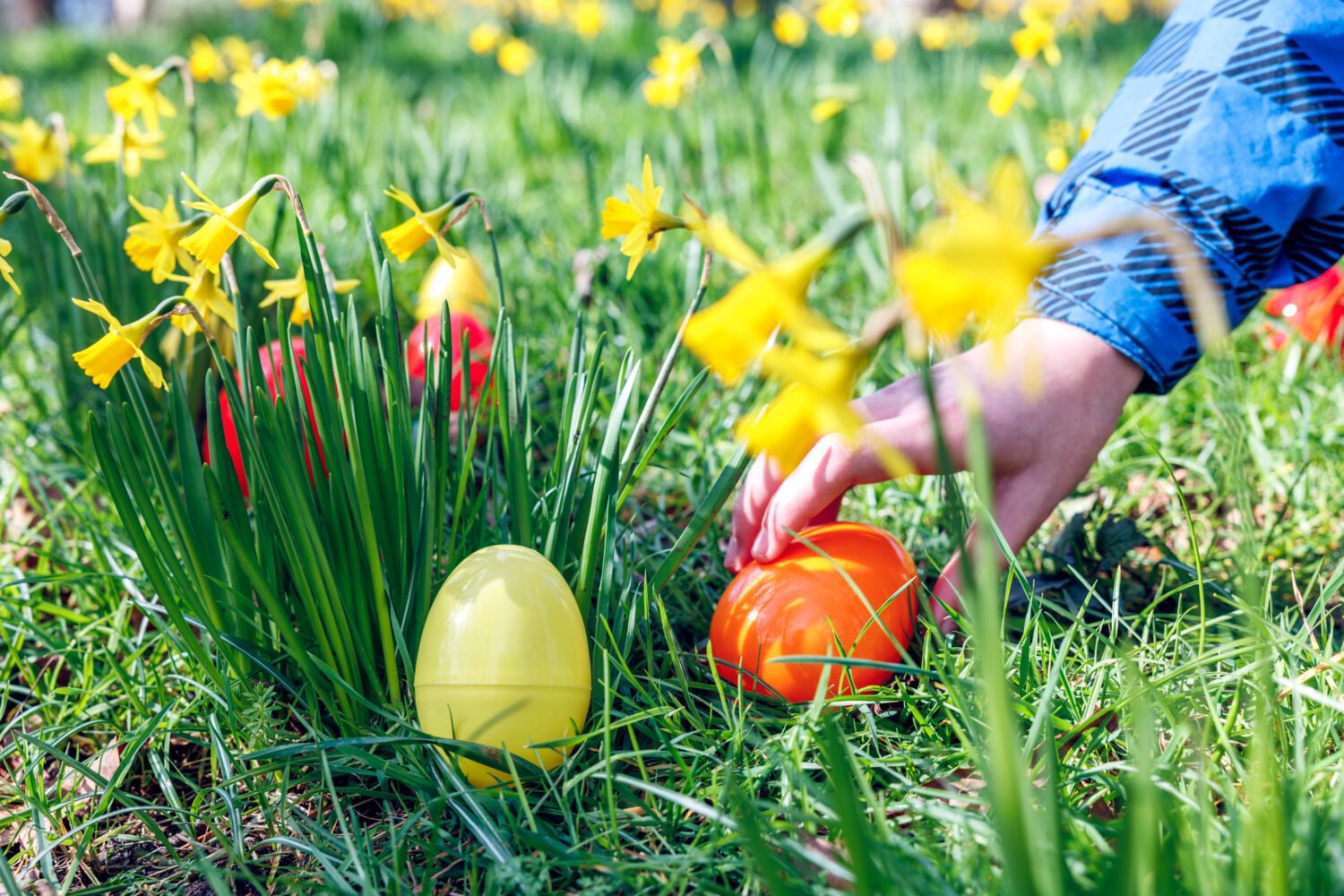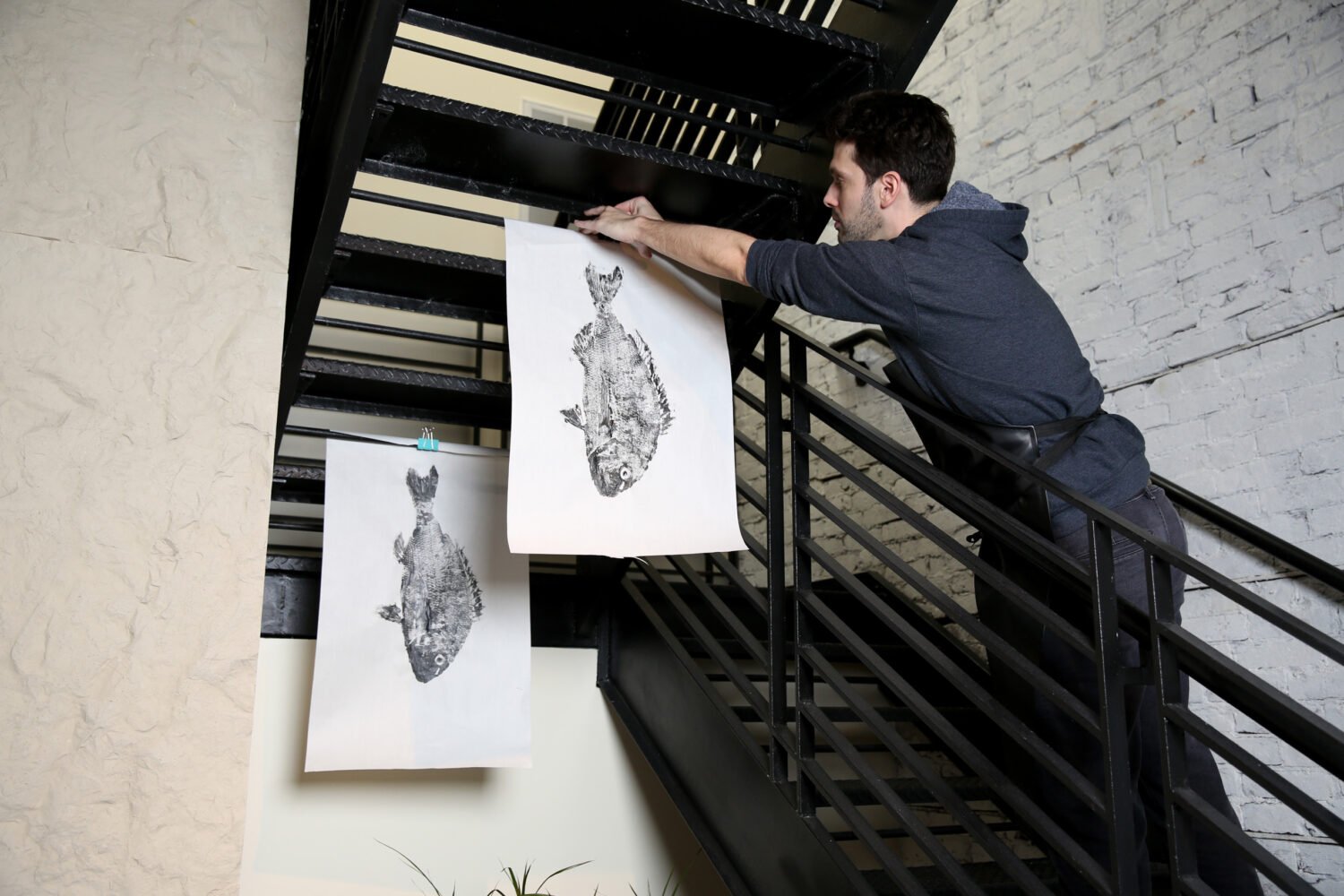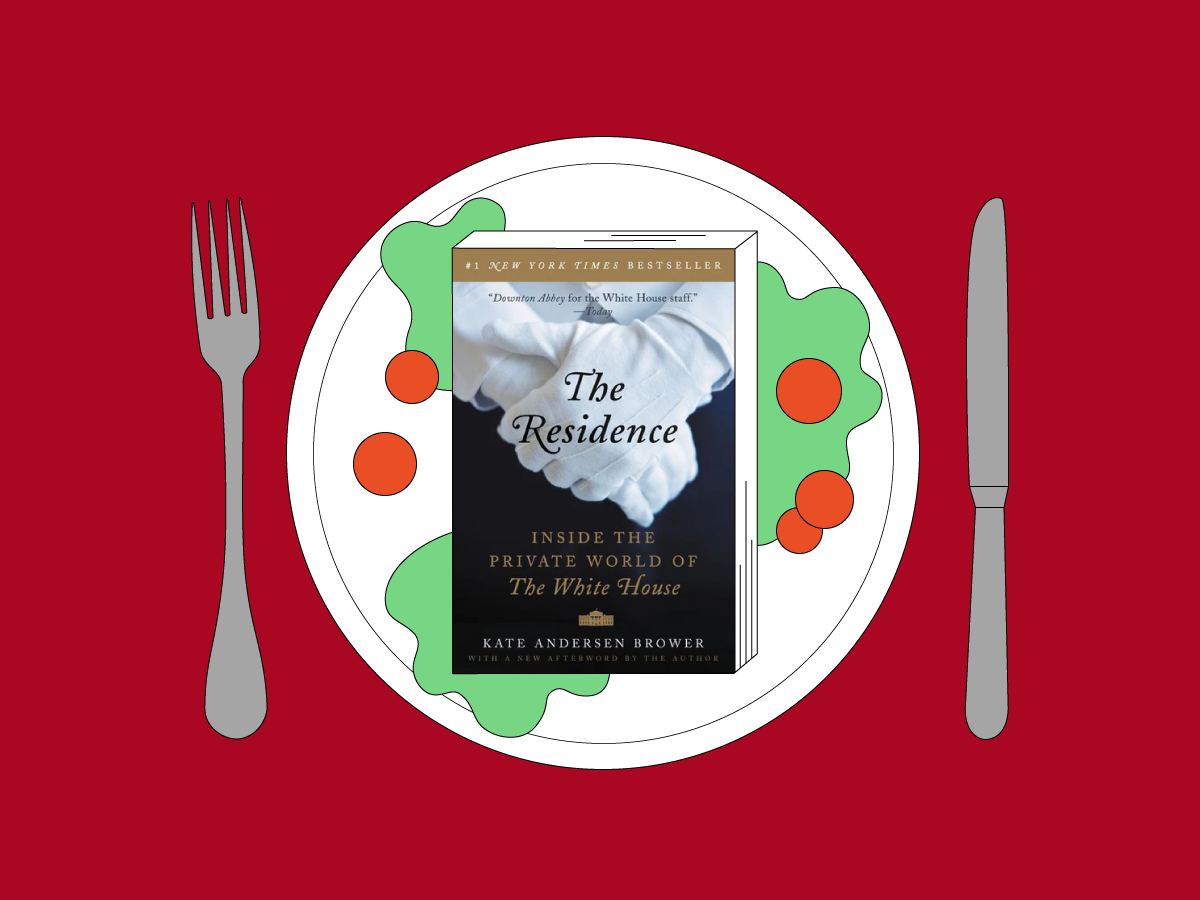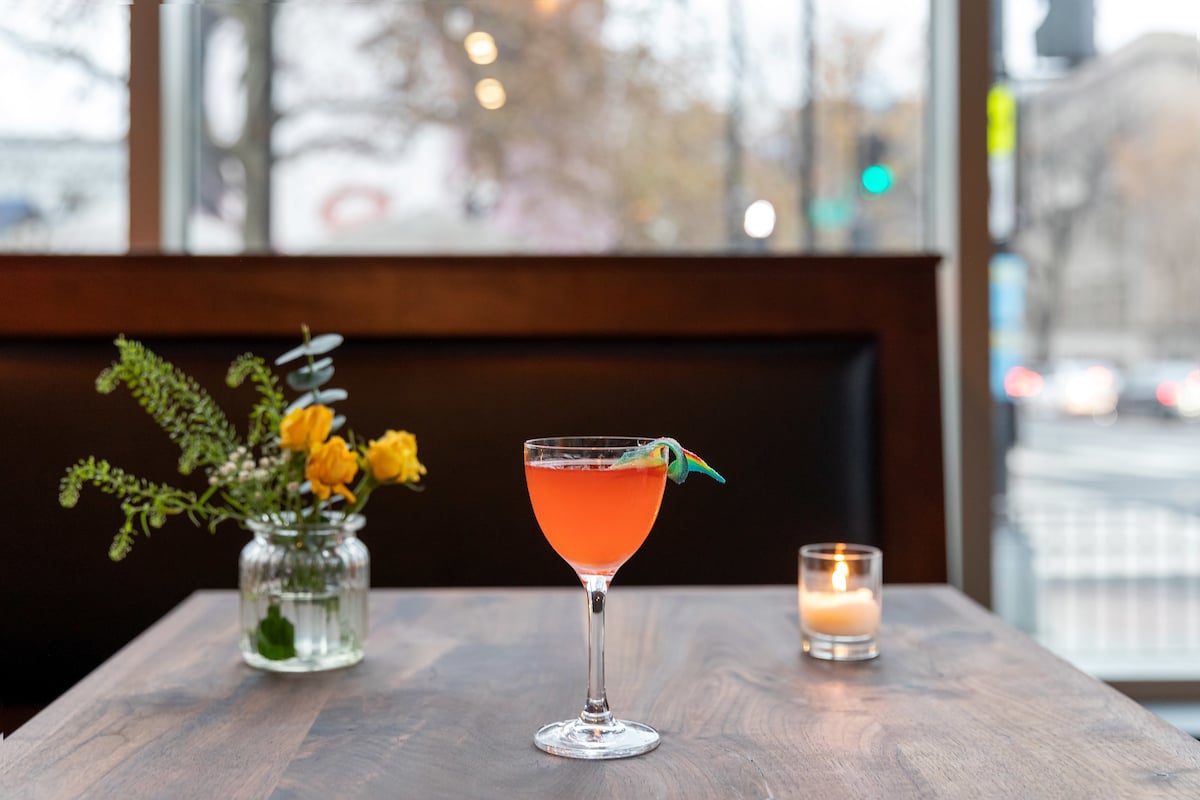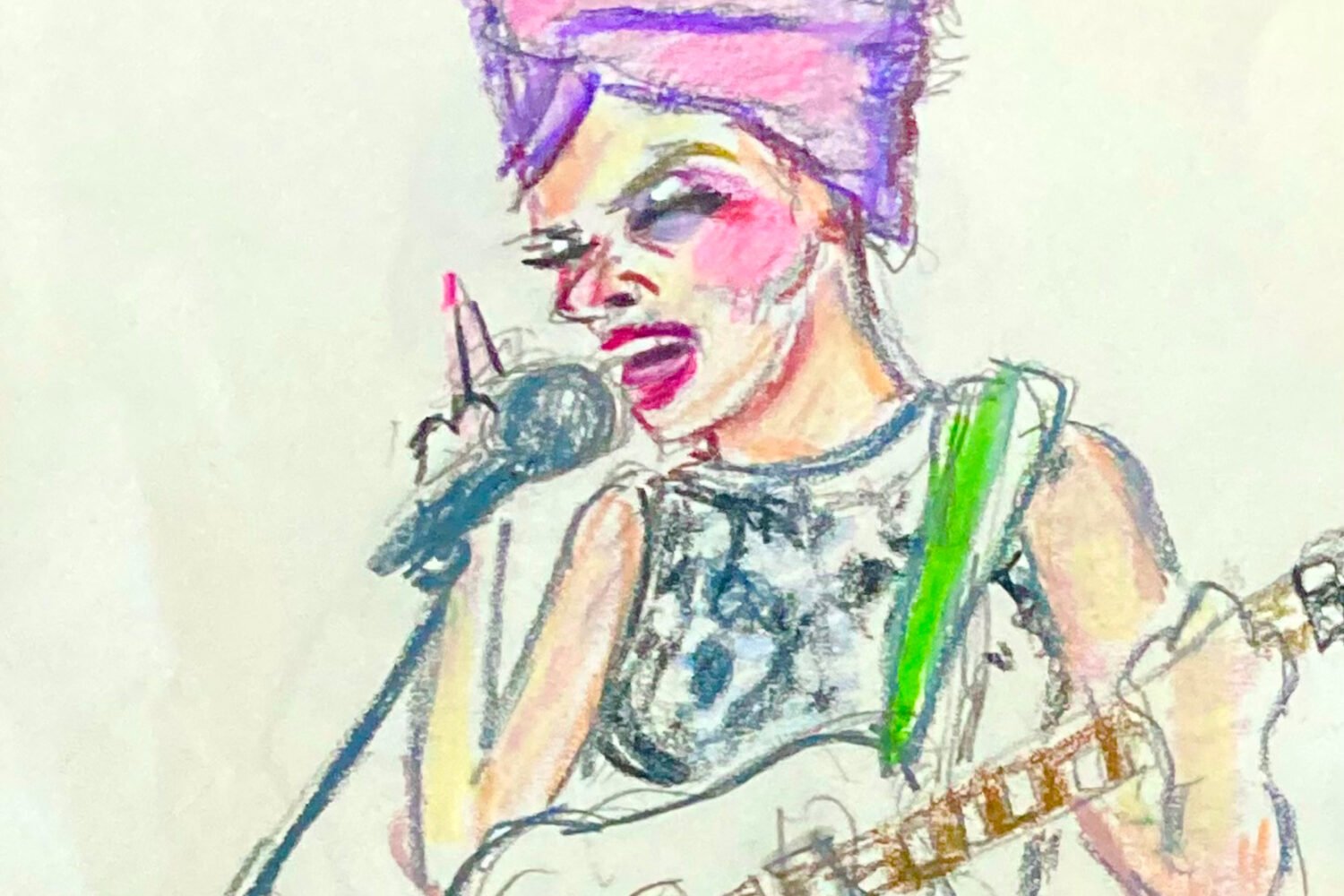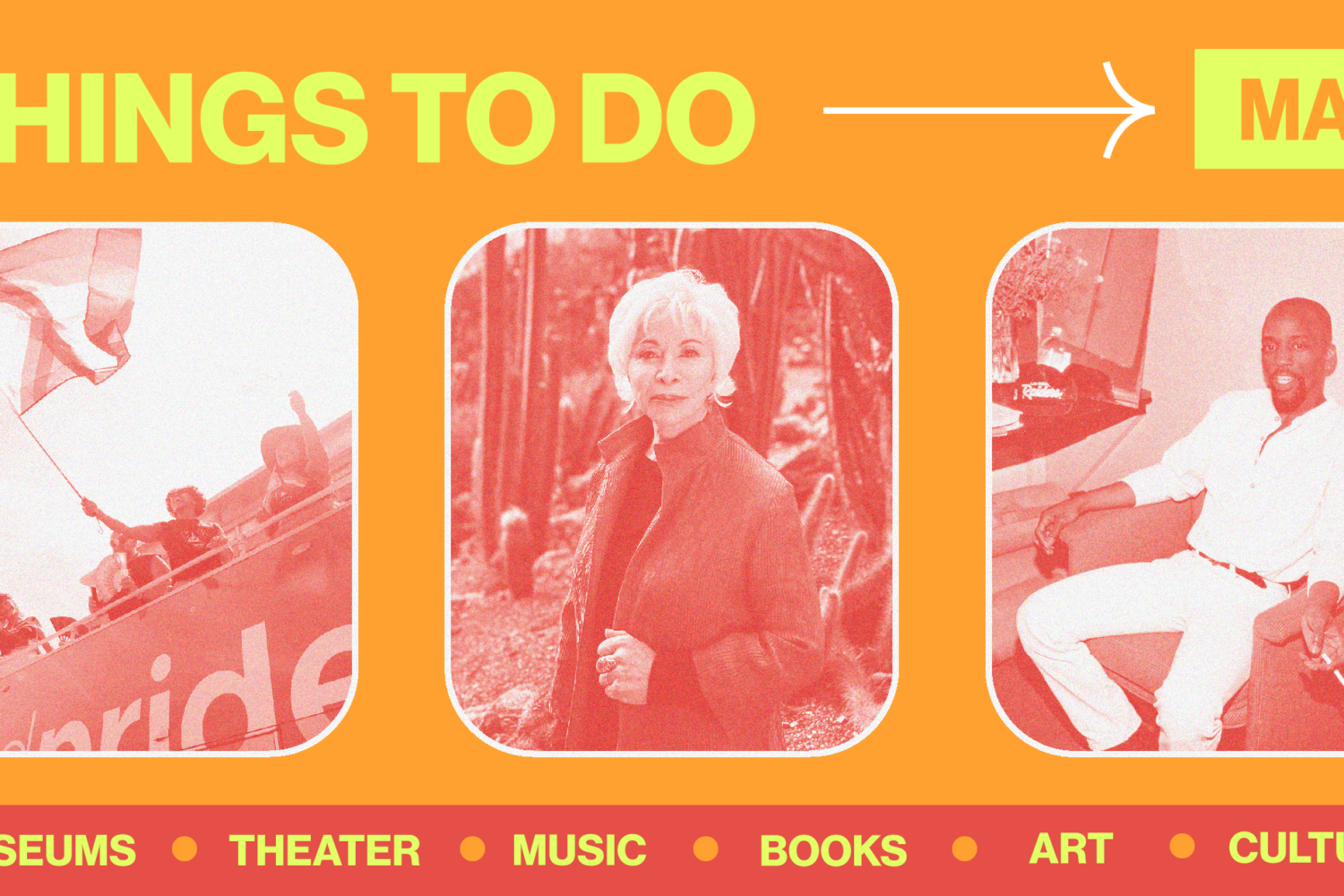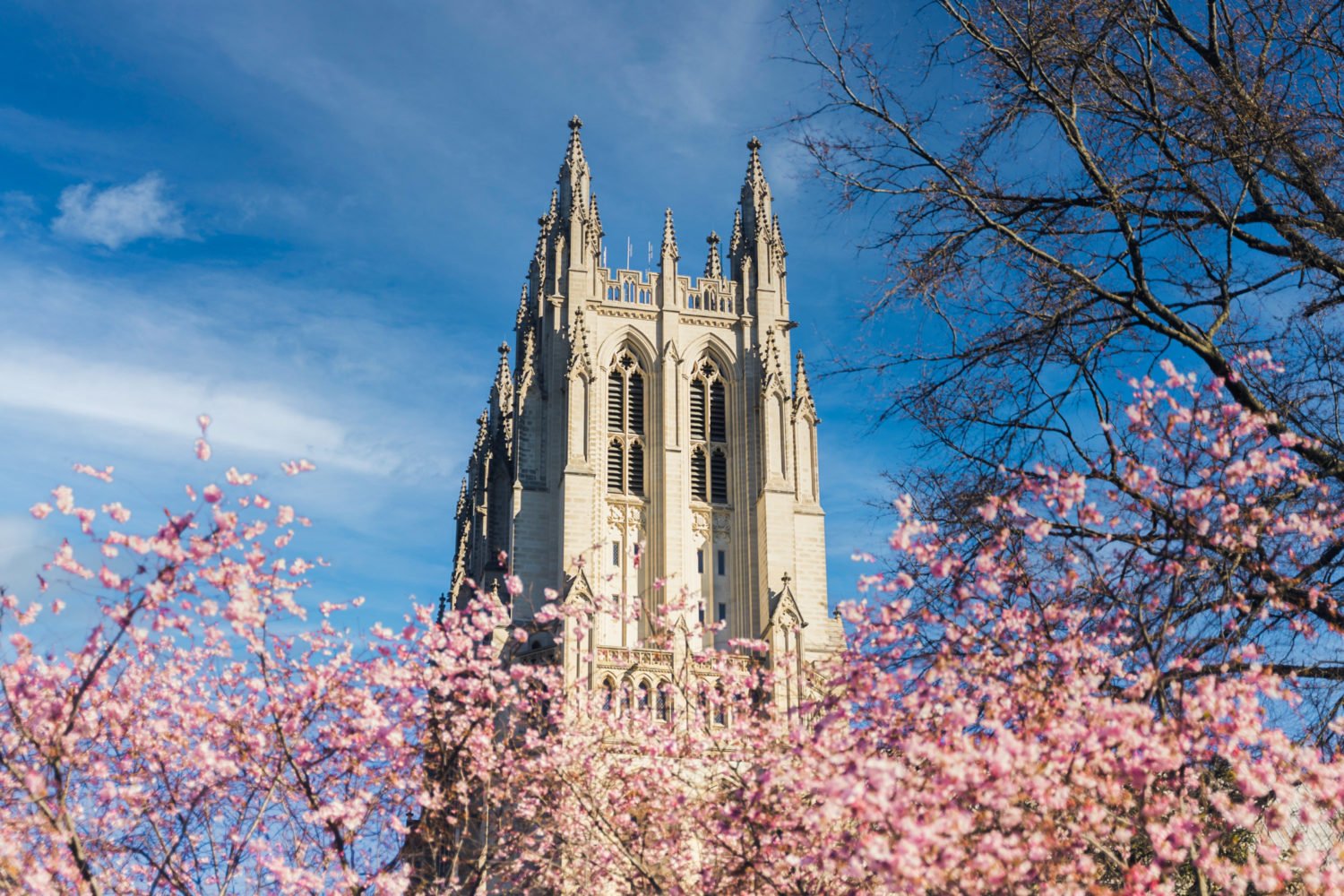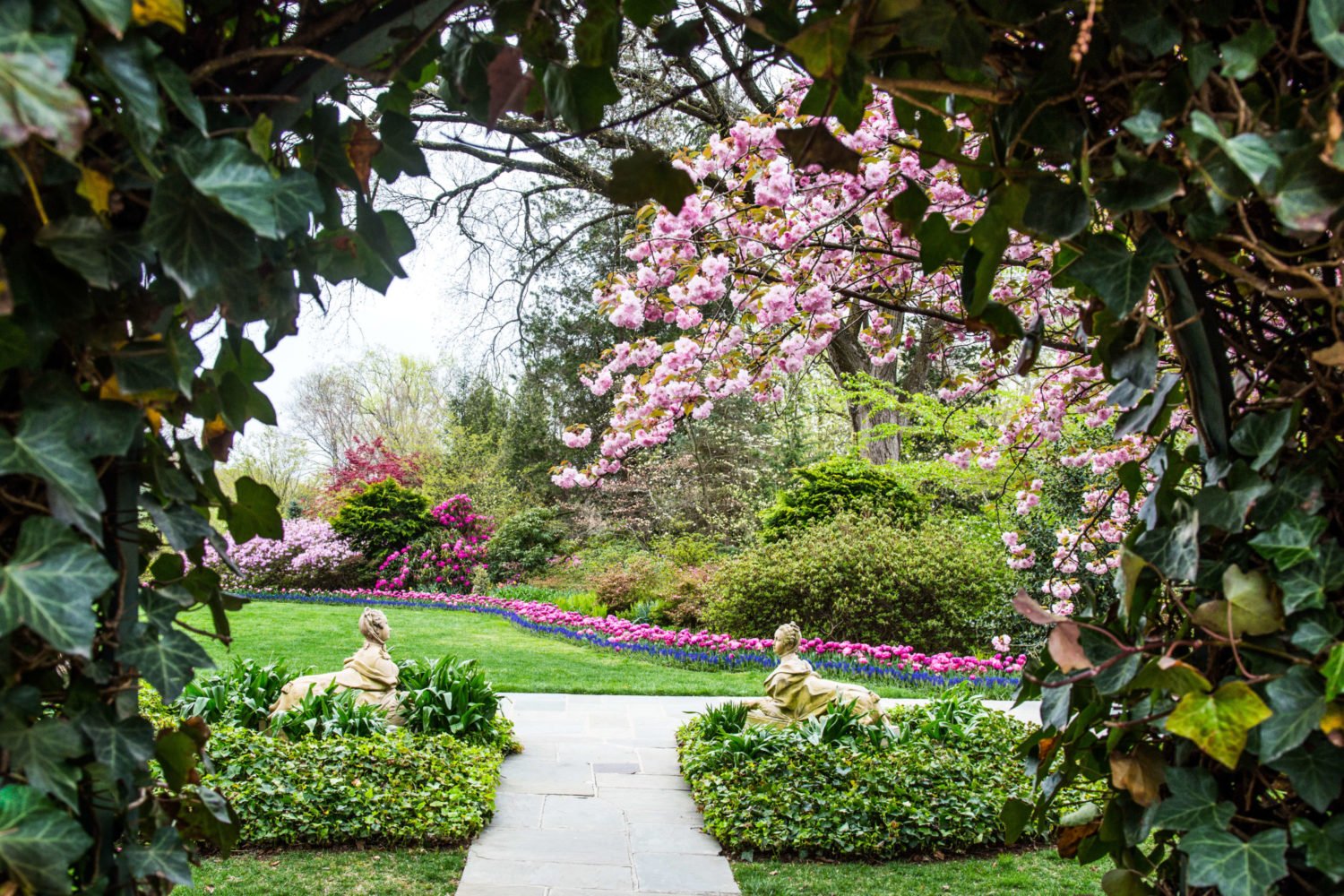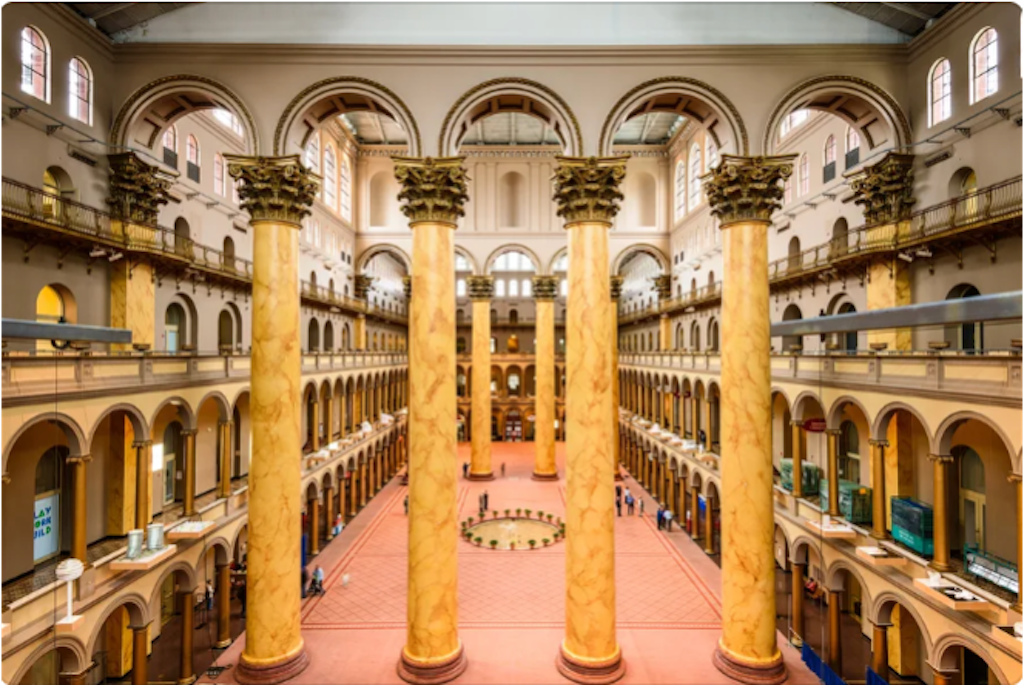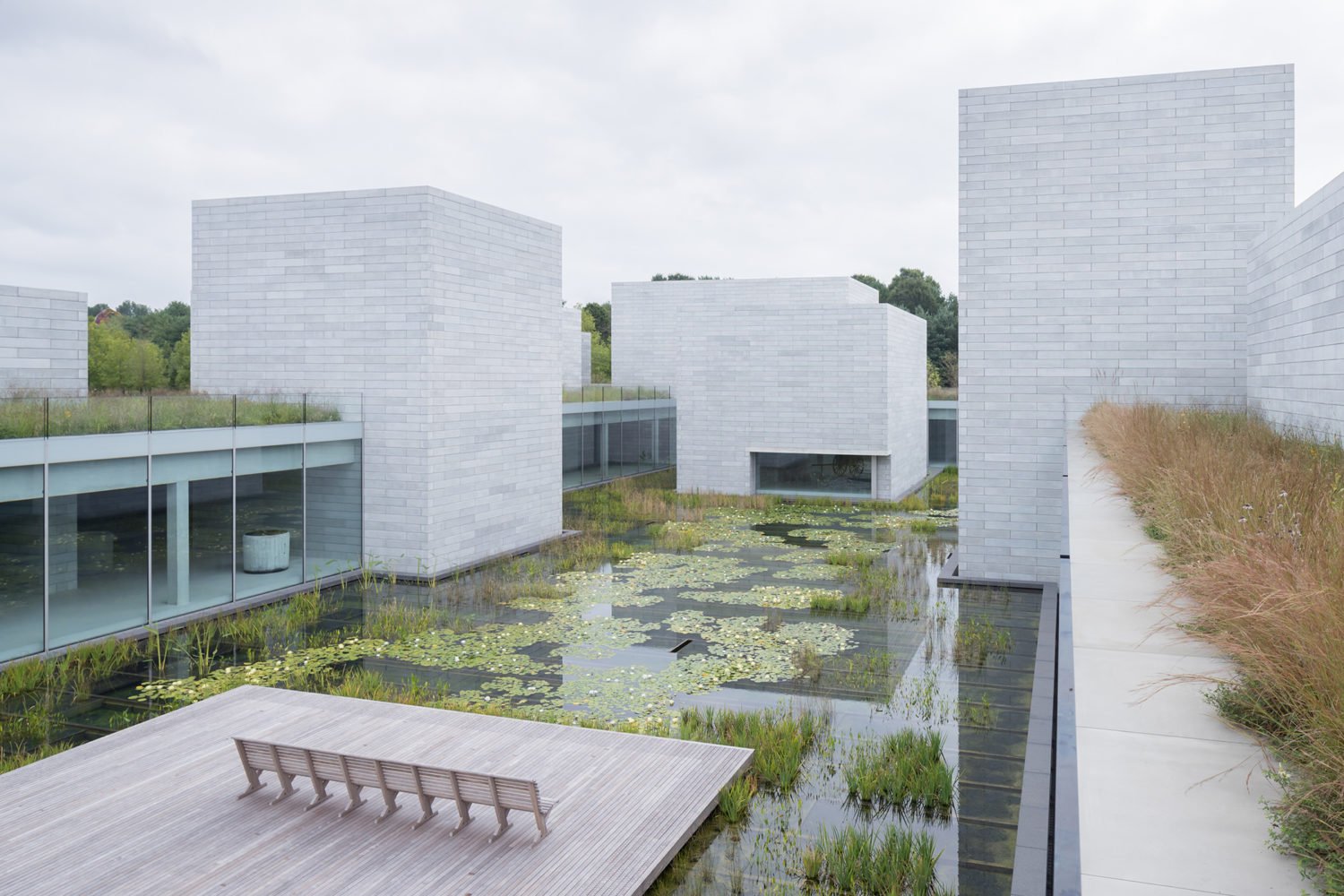In the new film Residue, a young man moves back to Eckington, the DC neighborhood where he grew up, only to find it completely transformed. Written and directed by Merawi Gerima, it’s a profoundly emotional and artistic exploration of gentrification, racism, and erasure that’s based on his real experiences in DC. After Residue’s success on the film festival circuit earlier this year, it got picked up by Ava DuVernay’s distribution company Array and is now available on Netflix.
Gerima, the son of notable DC filmmakers and Sankofa bookstore owners Haile Gerima and Shirikiana Aina, chatted with Washingtonian about the painfully personal process of making his first feature film.
When did the idea for Residue hit you?
In 2016, I came back to DC after a year away at [University of Southern California] film school in LA. If you’re out of DC even for a couple months, you know the way it changes is noticeable and distinct. In a whole year, it’s drastic the amount of changes that happened. I couldn’t cope, to be quite honest. I was trying to show my friends Habesha Market and I was like, we have to find 9th Street first—but we were on 9th Street. I could not recognize it for the life of me. Yo, it threw me off! I was disoriented. The Warby Parker and all this other shit. It was just a completely different place. I felt robbed; I felt robbed. It’s not easy to be in the city you grew up in and suddenly be confronted left and right with entitled white people telling you how to exist in your city. It was so alien to me.
Had you planned for the plot to be so personal?
It wasn’t until we started filming and we were in production that I had to give up the ghost and be like, “Y’all, it’s about me.” We were in my neighborhood, filming my neighbors and their children who were playing us, filming in the homes that I had grown up in—everything was just me. And everybody could tell. But, I had been fighting it as a knee-jerk response. My cinematographer, Mark Jeevaratnam, was critical in this process. We were like, okay, this is absolutely meta, let’s just lean into that shit. We’re going to pour everything into it that we can about me. One, for archival purposes in a land set for demolition. Two, for the sake of the film, because it just started getting more interesting. It’s almost taboo, you know, unless you’re making a biopic or some Fellini shit. So we kind of broke through that barrier, which is fun.
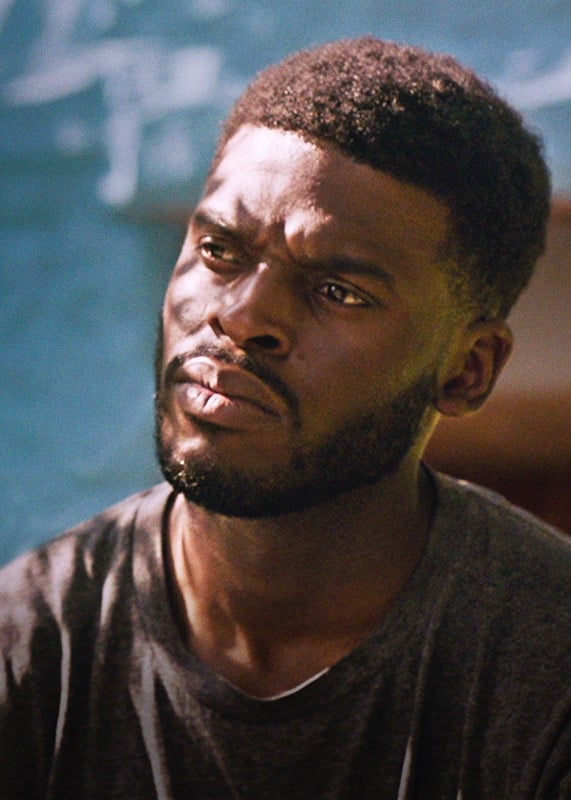
Did it ever get uncomfortable on set?
Yes. The rain scene was incredibly uncomfortable.
That’s when we see one of the mothers in the film react to tragic news about her son.
That was my mother [Shirikiana Aina]. For her, it’s not a game. It’s not acting. I was raised on Q Street, but before I was even born, my parents were there for years helping to raise these kids who would be the ones to be cut down by the crack cocaine epidemic and the war on drugs. She’s seen all of these things firsthand. I didn’t cast her; I cast another woman who was a no-show. Right when we needed it, the rain came and my mother happened to be on set feeding people, and I was like, “Ma, I need you.” She almost didn’t do it. She only had one take in her. I had to ask her to do another one—she looked at me like I was crazy. But that was painful. That was not fun.
Your mother, Aina, and father, Haile Gerima, are filmmakers. How did they influence your work?
My parents nurtured a critical engagement with culture. The life of Black independent filmmakers with a bookstore in the city, trying to push Black culture as hard as possible—all these things I took in through osmosis in my childhood. My earliest memories are in Jamaica, on the set of Sankofa. After winning awards around the world, they came back with this film about revolution in slavery times and you can imagine how averse this racist film industry in America was, so they set out to distribute the film by hand. Black communities who so hungered for such a story would invite them to their city and rent out theaters. That was me as a kid, passing out fliers. I am a total product of my parents, so seeing their work will totally contextualize my work. Outside of my own ideas about filmmaking, I draw heavily from their school of filmmakers.
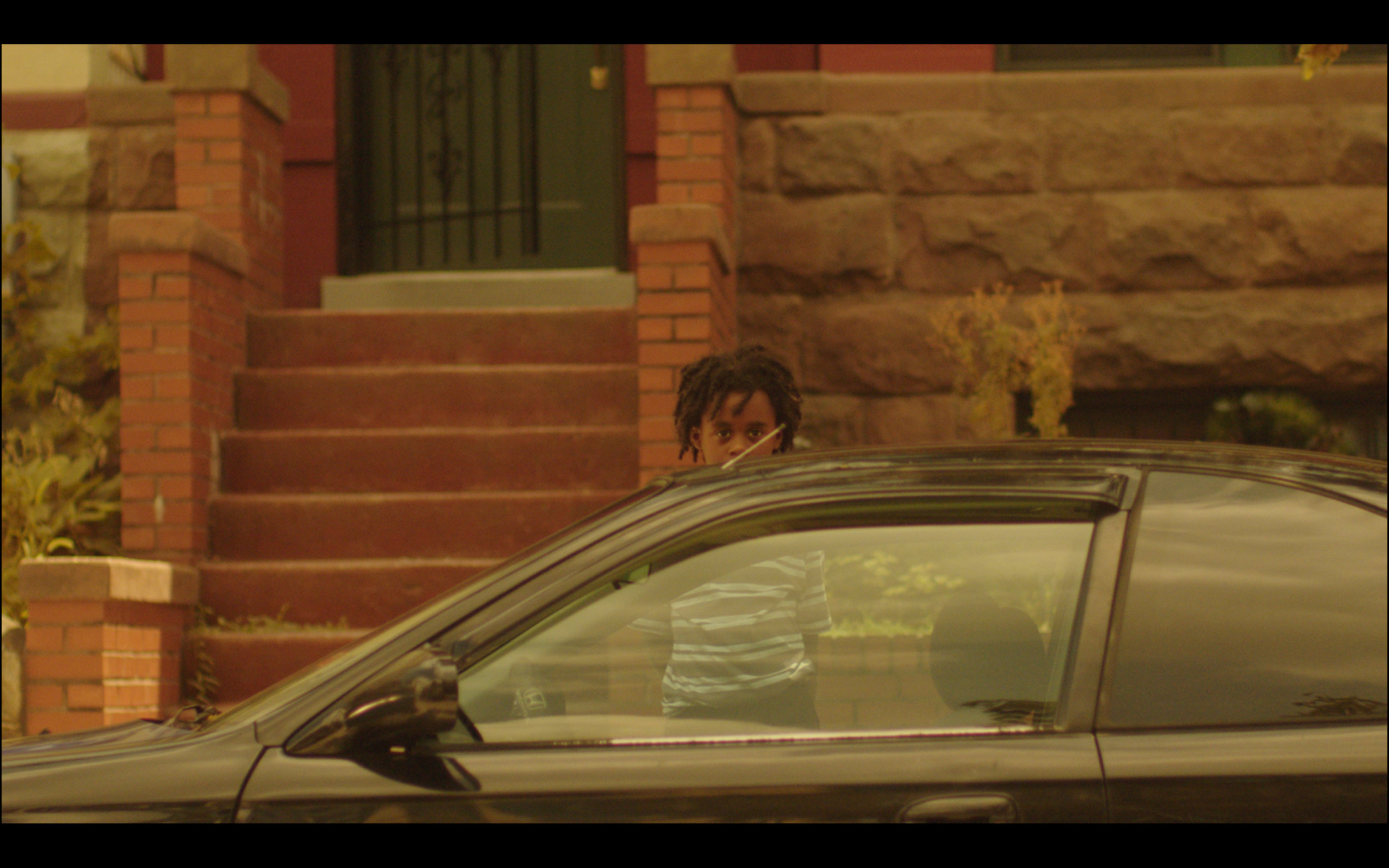
In the film, there’s another emotional scene when Jay, the main character who is based on you, visits his friend Dion in prison. How did you approach that moment?
I was thinking about what I would say to my big bro who’s locked up when I see him. I had no real notion of what style I would shoot it in. The idea was, what do I say when I see him finally after all these years, and how will I say that in such a dead place as a prison? A horrible place to have a reunion with somebody who you have such affection and memories and warmth towards, in such a cold place. How do you overcome the impossibility of that arrangement? It’s not just me, it’s every family who knows somebody inside who, over the course of decades, has to keep these feelings and these relationships alive. The fact that they do is nothing short of a miracle.
On screen, we see most of their conversation taking place in the woods where they played as kids rather than in the prison where they actually are. How did you make that choice?
[The conversation is] in a place where you are totally surveilled. Even to cry is a death sentence. So all these things have to be carried on outside the purview of the guards. How do you escape in a place where you’re physically controlled? My dad talks a lot about Black people having the most exercised and expanded capacity for creativity, which comes out of enslavement. Under the auspices of total enslavement, your only retreat is to the nether regions, the caverns of your brain, exercising these creative and imaginative muscles. How else do you explain the birth of jazz and the blues and things like that?
For me, I think about that a lot: Captive people, or a captive population, what is it that they gain? In all the horrors, what is it that they do have? Dion is one of the few people who can share these creative journeys that we see Jay having throughout the film. His mind is all over the place and Dion’s the only one who can go toe to toe with him, who can escape with him.
So this scene was how you imagined that conversation with your friend?
I made a plan to go see my guy after I was shooting, not before the film. I didn’t want to visit him before the shoot because I didn’t want to go into it like an exploiter, taking anything from that moment with my antennas up. But it just so happened that when I did go to see him, the first thing we talked about is the mountains. That’s just a factor of my relationship to him, knowing what we mutually cherish.
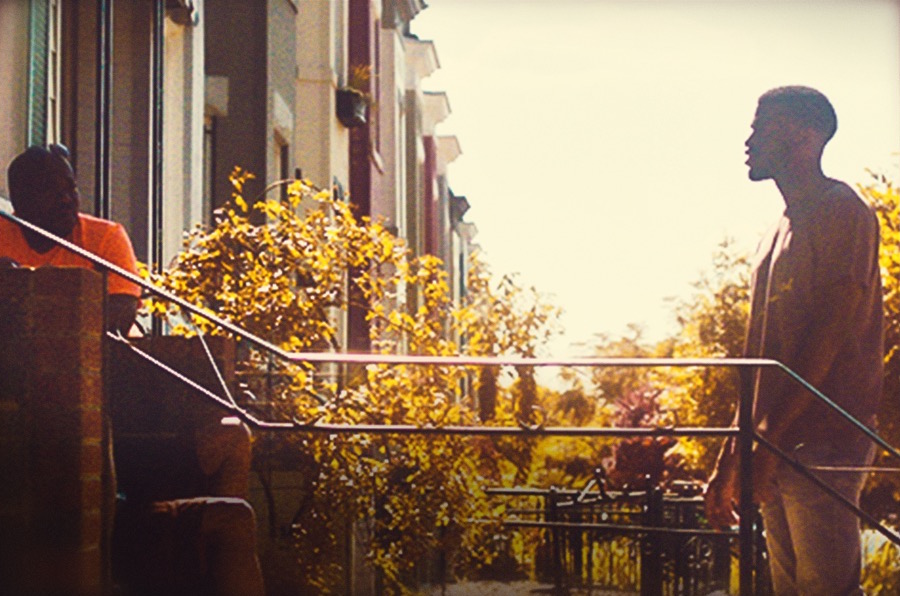
Tell me more about how you—and, by extension, Jay—struggled with these feelings of exploitation.
This was an important learning moment for me. I went into it with that insecurity early on. In fact, I had a dream before we started shooting where I was back on Q Street. I came outside the house, and I see two of the guys. I hug one of them, I go to embrace the other one, and I see that from his hand up to his shoulder, he’s completely mangled from something—this kind of evidence of a life far different than mine, part of the things that had transpired since I’d been gone. I remember I was happy to see them, talking it up as if nothing happened, but in the back of my mind, feeling total guilt just knowing that as soon as I’m back in the house, that scene is totally going into the script. For me, it was this moment of, “Damn, what the hell am I doing?” Being suspicious of my own motivations.
How did you get past that?
The process of filming gave me the opportunity to see that, by whatever means, every neighborhood should sprout its own storytellers. In telling my own story, tussling with my demons in an intimate way, I seem to have told a story that many people from my community feel a claim to. That’s the kind of cyclical, dialectical relationship that I wish for every Black community out there—the wherewithal to stop every Hollywood filmmaker at the doorstep and say, “Who are you and what are your intentions and why do you think you can tell a story better than we can?” Because it’s never true. You just have the resources to be able to tell it before we can.
The white gentrifiers pictured in the film are anonymized, often treated like more of a presence than actual individuals. What do you hope that white viewers, and particularly white Washingtonians, might take away from watching Residue?
I’ve got to be honest, I don’t know. That’s for them to figure out. As a Black person, it’s more important for me to accurately depict my friends in Washington, DC. Oftentimes, Black people don’t experience white people on an individual basis. I think it’s important to understand that the white gentrifiers in the film are really part of a much larger congealed mass of oppression that Black people experience on a day-to-day basis. Gentrification itself blends into every other oppression that we experience in the city. It’s also the police in the film, who you never see. Police officers in DC by and large are Black but they consist of a piece of this same kind of repressive existence which Black people know too well. They all play their part in this overall puzzle of white supremacy.
In this moment, where there’s uprisings around George Floyd and Breonna Taylor and everybody else—after we have participated in rallies together, we come back home to the same arrangement. These people who are well meaning towards Black people and want to support have no choice but to oppress us in their day-to-day pursuit of their life and existence. They don’t make this active choice, but at the same time they have been weaponized against Black people in the city. So you have to ask yourself, how did that happen? How did you become a piece of this puzzle which we suffer under? The film doesn’t get into providing answers for white folks, or anybody else. It only represents a perspective, an experience of Black existence in Washington DC on Q Street in a very specific way. I think just tangling with the story itself, taking it for what it is, can lead anybody, really, down a path of necessary confrontation with these values.
This interview has been edited and condensed for clarity.

